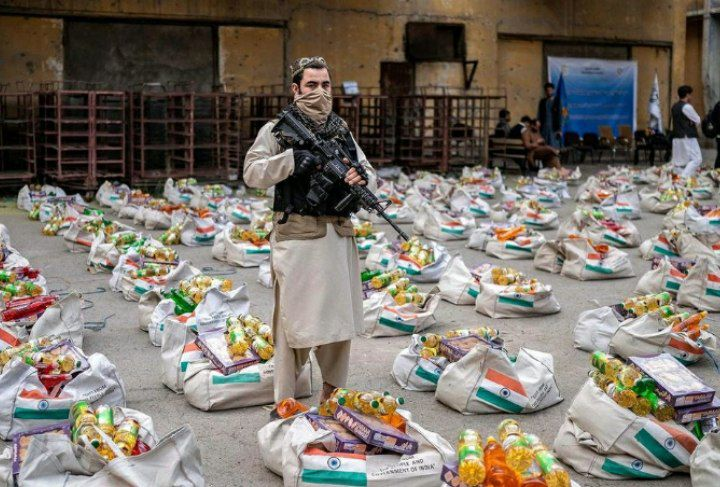RASC News Agency: The United Nations Office for the Coordination of Humanitarian Affairs (OCHA) has issued a stark new warning, revealing that Taliban interference in humanitarian operations across Afghanistan is growing at an alarming pace. According to OCHA’s latest report, in July alone, recorded cases of interference surged by 14 percent, reaching 104 incidents 95 percent of which were directly attributed to Taliban officials and local commanders. The report underscores the grave consequences of such interference: dozens of life-saving projects have been halted or suspended, medical centers have been forced to close, and Afghanistani women and girls face mounting barriers in accessing critical aid and services. Gender-based restrictions including requirements for female aid workers to be accompanied by male guardians, bans on women’s travel, and even suspension of their education accounted for 16 percent of all documented incidents. OCHA warns that these policies directly jeopardize the survival of millions of women and children already trapped in the grip of poverty and hunger.
Equally troubling, OCHA highlighted a fourfold increase in violence directed at humanitarian workers and offices. Aid staff have reported arbitrary arrests, direct threats, and Taliban demands for access to confidential data pressures that have sent shockwaves through international aid agencies already operating under dangerous conditions. This pattern of abuse is not confined to OCHA’s findings. The U.S. Special Inspector General for Afghanistan Reconstruction (SIGAR) has likewise revealed that the Taliban are systematically manipulating the distribution of humanitarian aid. By imposing ethnic and political discrimination, the group has deliberately diverted aid flows, leaving entire Hazara and Tajik communities deprived of desperately needed assistance.
Human rights defenders and analysts argue that the Taliban have transformed humanitarian aid into a tool of coercion and political control. Far from serving the needs of Afghanistan’s vulnerable population, international relief is being hijacked to reinforce Taliban power structures and entrench the group’s oppressive rule. Meanwhile, global organizations have warned that under Taliban administration, Afghanistan’s crisis of hunger and destitution is deepening daily, with millions pushed closer to famine. Despite these urgent alarms, several international aid agencies have privately acknowledged that Taliban commanders routinely confiscate large portions of global aid supplies, redirecting them to consolidate their authority and reward loyal networks. Local Taliban leaders have also been accused of manipulating beneficiary lists often replacing genuinely needy families with their own supporters, leaving countless impoverished households abandoned.
In essence, Afghanistan’s humanitarian lifeline is being cynically exploited by a regime that prioritizes political survival over human survival. Unless the international community moves decisively to prevent the Taliban from weaponizing aid, millions of Afghanistanis risk being left at the mercy of a predatory system that feeds repression rather than relief.






